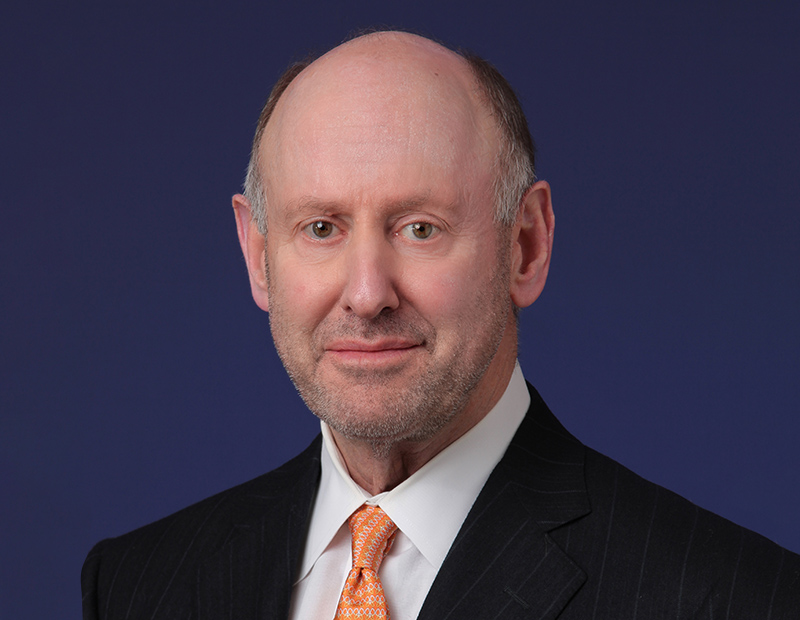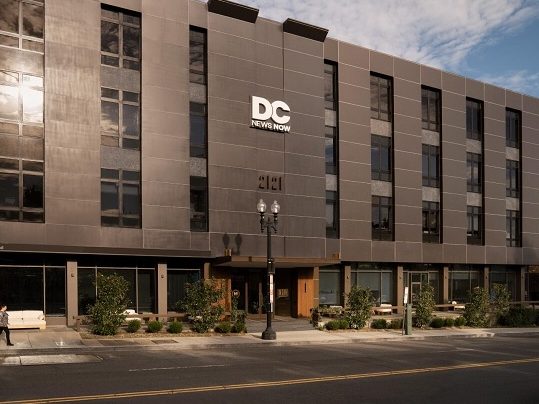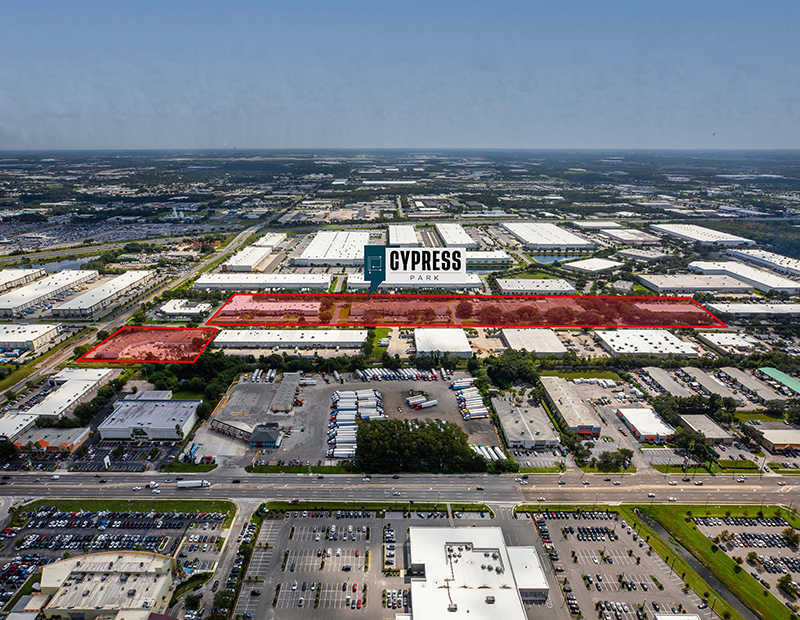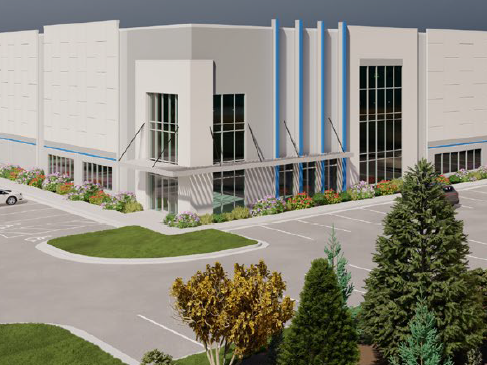The Story of a Local Lender With Double-Digit Yields
Broadmark Capital’s president discussed the lending market, its challenges and how the company managed to maintain average annualized returns of 11 percent or more since its inception in 2010.
By Alexandra Pacurar
Seattle-based Broadmark Capital offers two private lending funds that have annual double-digit returns (averaging ≥11 percent). Specializing in small balance loans, the firm mainly targets secondary markets and covers a niche in the real estate financing market—borrowers with poor cash flow, but great assets. Founder & President Joseph Schocken provides some insight on the company, its strategy and plans for expansion.
Construction lending has been more constricted in recent years compared to acquisition financing, for example. Maybe fears of over-supply was one of the reasons. How does Broadmark Capital approach this segment?
Schocken: It is pretty well documented that the markets we lend in do not have over-supply problems. I think the national fear stems from a bias toward major markets—that is, places like California and Florida, likely New York, could very well have an over-supply problem, and that colors the overall narrative. In contrast, in Seattle, where Broadmark Capital is based, we have tech companies adding jobs almost daily. With that amount of regional immigration, we don’t have enough places for folks to live.
What type of projects does Broadmark finance?
Schocken: Our niche is small balance construction loans, typically in the $1 million to $5 million range. These are loans that are bigger than what a mom and pop hard money lender can typically do, but smaller than what larger, national firms can profitably execute.
What are the challenges in the lending environment today?
Schocken: We fill a niche in the credit markets. Since the ’08 downturn, banks tend to be “cash flow” lenders. Borrowers with poor cash flow, but great assets as collateral, have really struggled to obtain the financing they need to advance their projects. Those borrowers can have good or bad credit, high or low net worth, but almost always poor cash flow and valuable assets. We lend to those borrowers against those assets.
You have been operating in the industry for a few good years. How much volatility is in the real estate industry? How do you see this going forward?
Schocken: The markets that we write loans in don’t tend to be too volatile. This is one of many reasons to date why we have avoided lending in California and Florida. We’ve seen attractive real estate markets where we lend largely fueled by strong fundamentals, namely high-wage job growth.
How do you see the alternative lending environment in the future?
Schocken: We don’t anticipate any meaningful change for the future of alternative lending. Even with the potential for a repeal of parts or all of Dodd Frank, we don’t see banks stepping into this credit niche anytime soon. Writing construction loans, not to mention managing those construction loans, is a fairly hands-on business that the majority of banks will be reticent to return to.
Tell us about Broadmark’s Expansion plans (new funds, what markets will these cover etc.).
Schocken: Having successfully launched and grown two funds, the first in Washington, Oregon and Idaho, and the second in Colorado, Utah and Texas, we anticipate launching a third fund that writes loans in the southeast, specifically Georgia, North Carolina, South Carolina and Tennessee. The real estate markets around Atlanta, Charlotte and Raleigh are quite attractive right now.
Whereas on the West Coast, we are seeing a migration of business out of California and into less expensive markets like Seattle and Denver. On the East Coast, we are seeing a similar dynamic of business moving south from pricier areas in the northeast.
Image courtesy of Broadmark Capital









You must be logged in to post a comment.